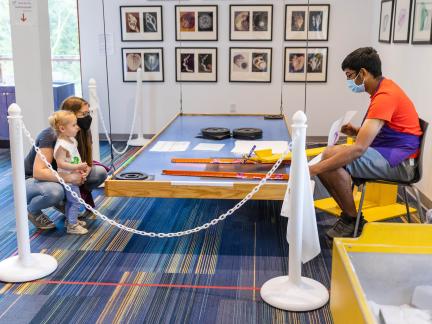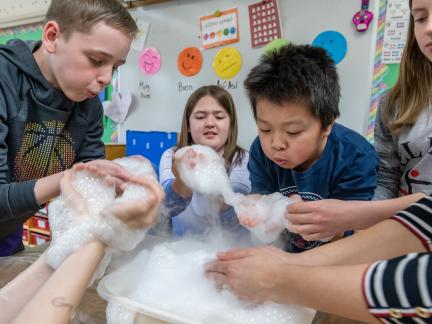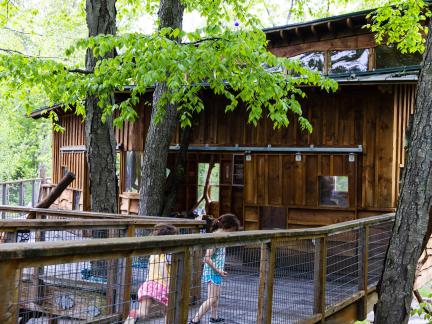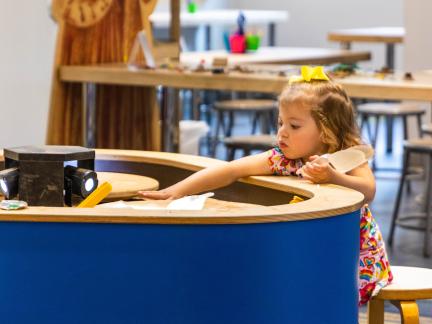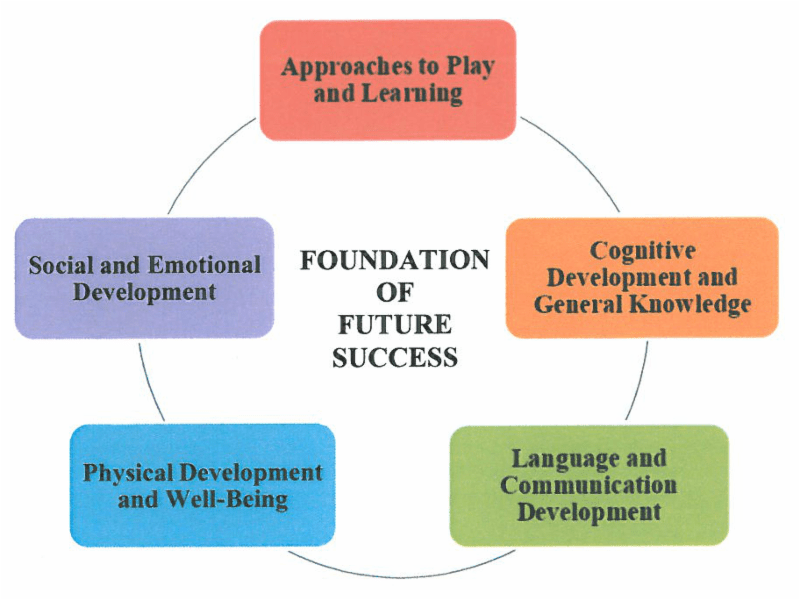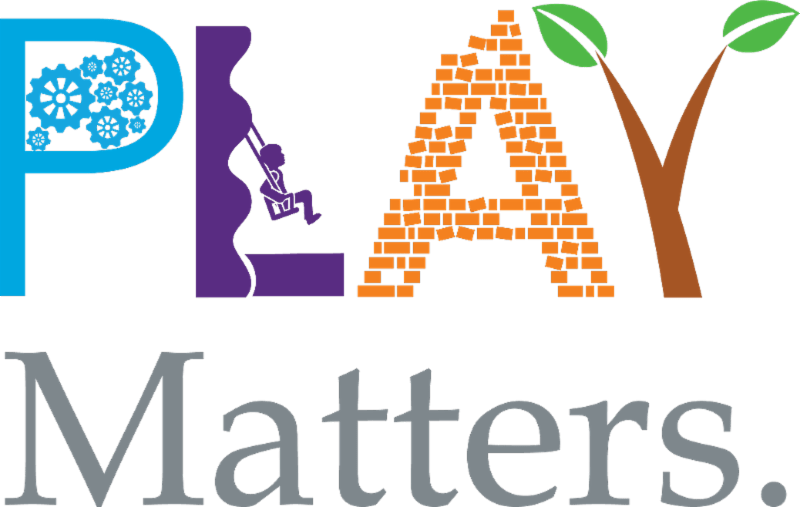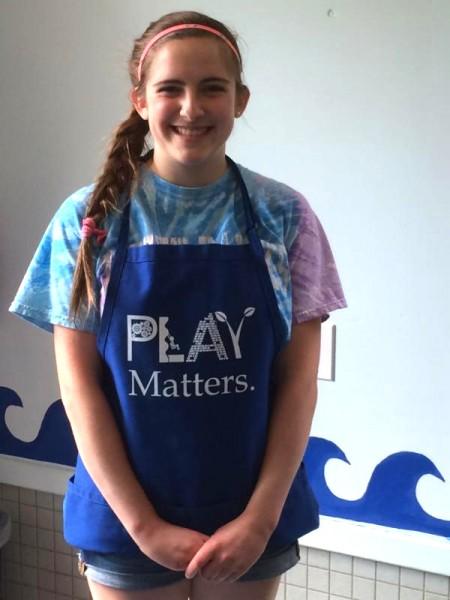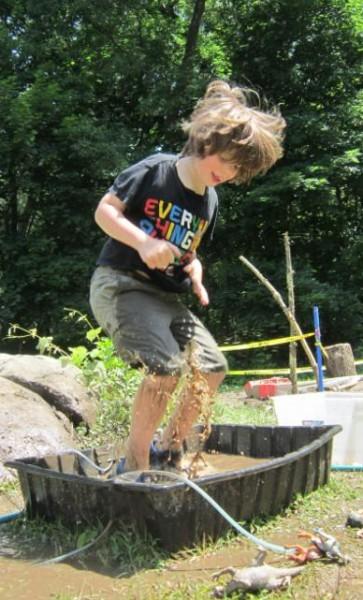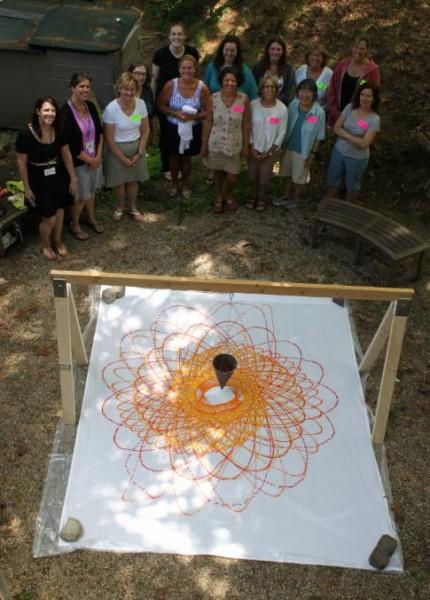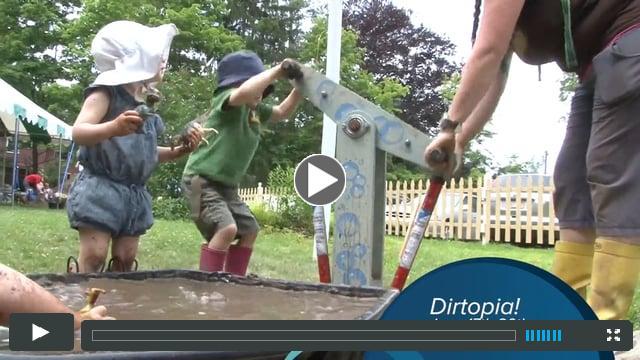Update from our CEO, July 2015
Dear Friend of the Museums,
Every parent wants their child to grow up to be happy and, in whatever way it is measured, successful. So naturally, we parents want to know: what are the important things in childhood that can lead to success? Typically, the messages coming from educational leaders and institutions are focused on their own sector, be it early childhood education, middle school, high school. Each will make the case that the learning that happens on their watch--early literacy, middle school science, college prep, or excellence in higher education--is what is critical for life success.
So I was pleased to come across a policy paper issued jointly by the Massachusetts government agencies in charge of early education, elementary and secondary schools, and higher education, entitled, Building the Foundation of Future Success for Children from Birth through Grade 3. In it, leaders from each strata of education in the Commonwealth--Department of Early Education and Care, Department of Elementary and Secondary Education, and Department of Higher Education--have come together and agreed that the early years in a child's life are essential for building a strong foundation for learning and growth.
The paper lays out an excellent overview of the essential competencies that the Commonwealth believes lead to college, career, and lifelong success. It states the need
for balance among five areas of development and the essential role that adults and a range of institutions play in that development. The five areas are: cognitive and knowledge skills, language, physical/healthy development, social and emotional development, and importantly, play.
For me, this reinforces the role and responsibility of the Museums as an active leader and advocate for play as one of five areas that form the foundation for success.
How does play fit in this foundation? What do kids "learn" through play? As the state policy paper indicates, play helps kids develop their natural curiosity and sense of wonder about the world. It fosters excitement about exploring and learning, while building confidence in their ability to gain knowledge and skills. Play is about being proactive, independent and cooperative, and persistent. Surely these are foundational skills for future success.
To emphasize our commitment to play, we have launched an initiative called PLAY Matters, a multi-part campaign to support parents' and caregivers' understanding of the importance of play. We started with our 2014 Annual Report, which included quotes about the benefits and importance of play from folks both in our community group and beyond.
We've made PLAY Matters a visible message in the museums by adding it to our floor staff uniforms, thanks to a generous donation from the family of a former Explorer. On our social media channels such as Facebook and Twitter, we are passing along good articles and research from others related to play. And, we are providing regular information and perspective to parents through our new Play Matters blog. For example, have you given much thought to the science of playing dress-up? I encourage you to check it out and join the conversation.
Playing in dirt matters. Those who participated in our annual Dirtopia! program found this out in a messy, dirty, satisfying way. For four days, equipped with not much more than a large pile of dirt and some water, tools, toys, and natural materials, we painted, squished, created, sloshed, waded, and built. Kids loved it, played, and learned. About themselves, about the earth, about each other, about their world.
It is not all play this summer. Thanks to a partnership with Mass Audubon and the Christa McAuliffe Center, we provided
professional development for grade 3 through 8 teachers. "Things That Move: How Scientists, Engineers, and Artists Investigate Motion" explored the intersection of science and art as related to things that move--from chemicals and fog to pendulums and balls. We explored the ways that artists have been inspired by their observations of movement, and we tried various artistic techniques to capture, interpret, and model these dynamic and often fleeting phenomena. Visiting Artist Kim Bernard offered a terrific session on pendulums and creating kinetic art and sculptures, beautifully demonstrating the intersections between art and science. Offered through the Museum Institute for Teaching Science (MITS), the workshop gave a terrific group of creative, motivated teachers some exciting new ideas for delivering STEM content in their classrooms.
A quick update on our annual commitment to our Open Door Connections program: through Open Door, we provide museum access to families who might have economic, cultural, physical, or learning barriers to enjoying the Museums and our programs. In May we added a new free program for children with a visual impairment, developed with input from Perkins School for the Blind and the Massachusetts.
Association of Parents of the Visually Impaired (MAPVI). Our $1 Anytime Admission program for holders of EBT cards celebrated its one-year anniversary and is reaching more than 300 people per month; we are grateful that many of our area Local Cultural Councils supported the program this year. In fact, the Weston Cultural Council provided financial support and teamed up with Weston Media Center to produce this video short about the Museums, our EBT program, and this year's Dirtopia program. Spoiler alert: you'll see some kids--and perhaps some adults--splattered with dirt and mud. Thank you to the Weston Cultural Council and to Weston Media.
So at mid-year we are thrilled to say that we are on target to reach our goal of serving more than 25% of our audience for free or deeply reduced cost this year. You can help support this effort with a gift. Why? Because the museum is great for kids and needs to be available to ALL kids.
The past few months have been an exciting time as our plans to grow our outdoor offerings and also expand indoors are moving forward rapidly. I will be able to tell you much more in my next update.
Until then, I would love to hear your thoughts and opinions; send me a note any time to ngordon [at] discoverymuseums.org (ngordon[at]discoverymuseums[dot]org).
Enjoy summer!
Best,
Neil H. Gordon
Chief Executive Officer
